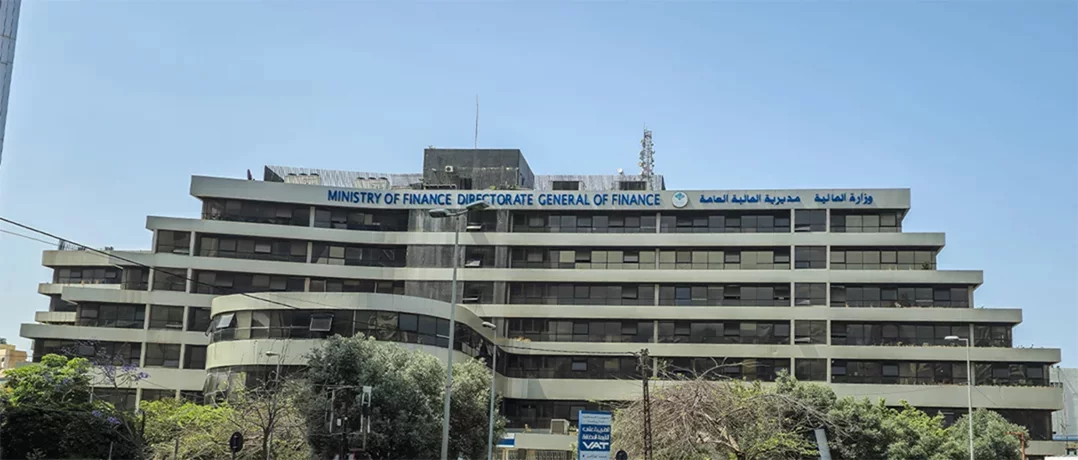Lebanon’s 2026 budget: cabinet session tackles tax reforms and social demands
Lebanon’s 2026 budget: cabinet session tackles tax reforms and social demands


The 2026 budget continues to spark debates and tensions in Lebanon. With ministers examining allocations, contested tax exemptions, and pressing social demands, the government is attempting to balance fiscal stability, fairness, and support for sectors in crisis, under close scrutiny from economic actors and unions.
On monday, the Cabinet held another marathon session on the 2026 budget, chaired by Prime Minister Nawaf Salam. On friday the cabinet debates also focused on unresolved articles, including Article 35, which was amended to maintain tax exemptions for newspapers, magazines, and books.
Combating tax evasion
The government is keen to strengthen fiscal compliance and tackle shell companies set up to evade customs duties and inflate profits. “The goal is to develop a finance law that does not further burden citizens while ensuring revenue collection and budget balance,” stressed Information Minister Paul Morcos.
Social demands in the spotlight
The protests of military personnel and teachers were also on the agenda. The government promises to address these legitimate needs while avoiding the costly mistakes of the previous salary scale. The priority remains finding funding without increasing debt or widening the deficit.
Morcos reminded that Parliament can amend the budget, but the government hopes to present a fully developed text after internal deliberations.
Economic pressures and private sector concerns
Lebanese economic organizations have strongly opposed the 3% levy outlined in Article 31, warning that its implementation could directly trigger a 4–5% increase in consumer prices. They argue that this measure would effectively act as an additional tax, fail to curb tax evasion, and unfairly burden compliant businesses. They called for alternative funding sources, including targeting unregistered companies and strengthening anti-smuggling and anti-evasion measures.
Appeals from bakers and local businesses
Nasser Sarour, head of the Union of Bakeries and Flour Mills, urged the Prime Minister to exempt businesses from municipal and administrative fines, citing the exceptional economic circumstances, the aftermath of October 17 events, the currency collapse, the COVID-19 pandemic, and ongoing regional conflicts. He also emphasized the urgent need to resolve end-of-service compensations for bakery employees to allow them to collect their entitlements from social security, despite the severe losses sustained by these enterprises.
As the cabinet inches forward article by article, the 2026 budget remains a tightrope walk between fiscal discipline and mounting social demands. Whether the government can reconcile economic pressures with public expectations will determine not just the fate of this law, but Lebanon’s fragile path to stability.


